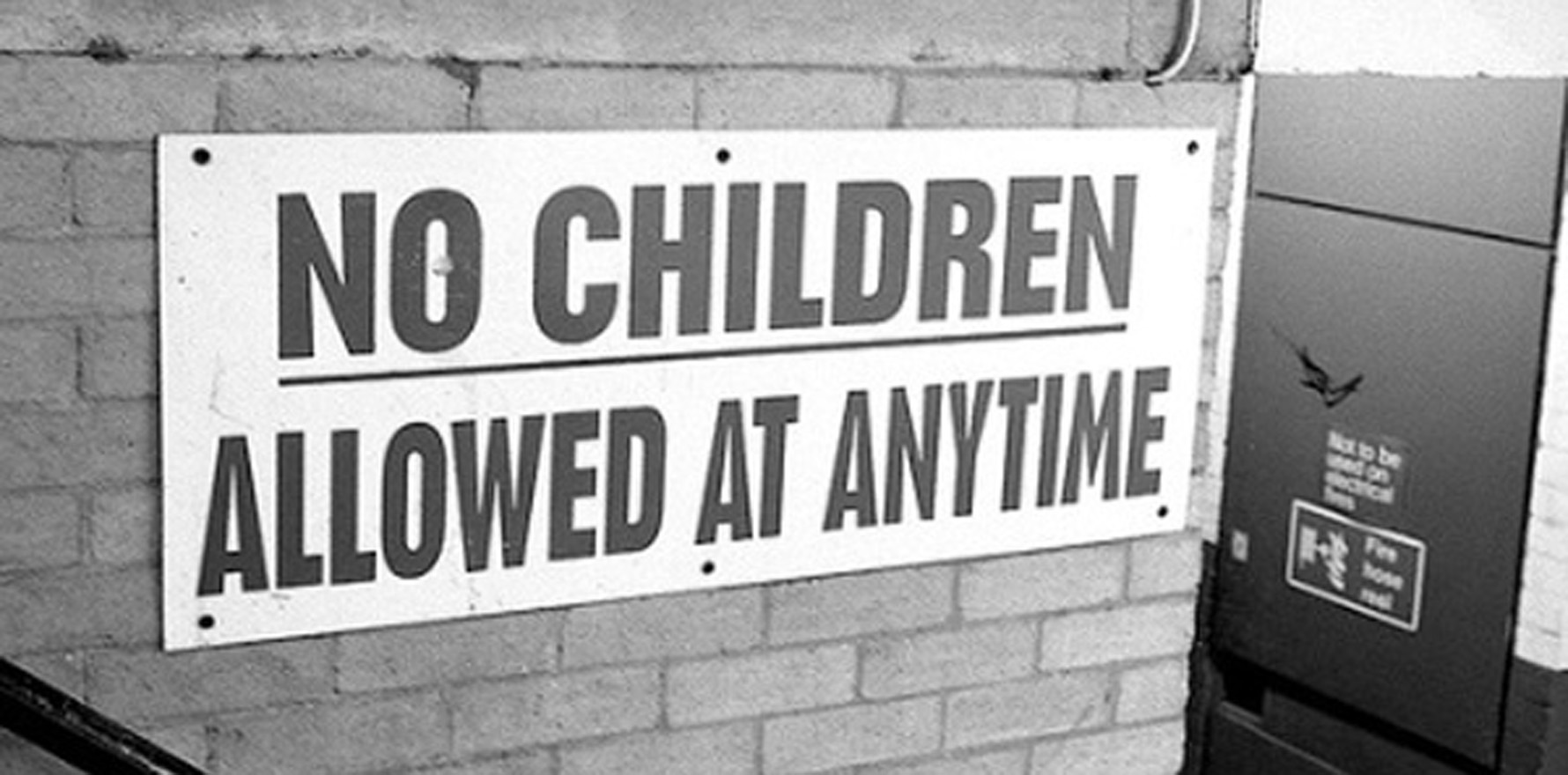Around 80% of physician mothers reported experiencing discrimination in a US study
Discrimination towards physician mothers is extremely common in the US, a study shows, and experts say the situation is equally grim in Australia.
A survey of over 5,700 female doctors who were also mothers, found four out five felt they had been affected by discrimination.
Around two-thirds of those surveyed felt they were discriminated against on the basis of gender, while more than a third reported maternal discrimination.
“Despite substantial increases in the number of female physicians – the majority of whom are mothers – our findings suggest that gender-based discrimination remains common in medicine,” the researchers said.
Disrespectful treatment by nursing and support staff, not being included in administrative decision-making and unequal pay were the main grievances of physician mothers in the survey.
The survey respondents were all members of an online community, the Physician Moms Group. This may have caused selection bias, if one considered those women who experienced discrimination were more likely to participate in a support group, the researchers said.
But the extent of discrimination reported in the study did not surprise, Merrilyn Walton, a professor of medical education at the University of Sydney.
“If a similar study were done here in Australia I am sure you would have similar results,” she said.
“Why? Because the system of medical education and the way hospitals are organised create the environment in which women doctors face hardships; males too if they want to be equal partners in parenting children.”
Professor Walton, who previously headed the HCCC, said the apprenticeship model of medical education perpetuated hierarchies that robbed junior doctors of certain freedoms, such as workplace flexibility, that were reserved for senior staff.
While around 60% of trainee doctors reported that their college offered appropriate flexible training options in the AMA’s 2015 survey, some specialties (including general practice) have become increasingly inflexible.
“General practice used to be the flexible training route … and that’s no longer the case,” said Associate Professor Christine Phillips, an expert in health servies at ANU.
Our findings suggest that gender-based discrimination remains common in medicine.
The lack of affordable childcare in Australia, in addition to a culture that prized hand raising of children, meant that many doctors took extended parental leave, she said.
“Childcare is a massive issue for professionals in this country,” she said. “And it is a massive issue for young doctors.”
Another major issue was “benevolent discrimination” whereby mothers were told that it was in their own interests to accept a flexible but career-ending position, said Professor Walton.
Parental discrimination was not isolated to the medical profession, said Professor Phillips.
Half of mothers and 27% of fathers in Australia experienced discrimination in the workplace parental, according to a 2014 Australian Human Rights Commission report.


